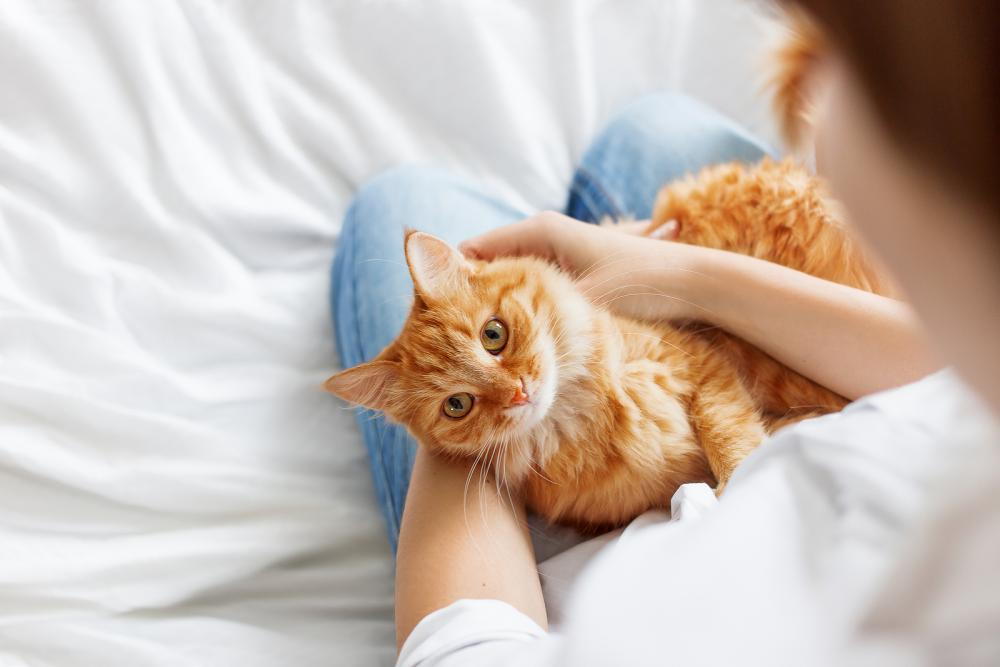Feline Leukemia Explained by Our Reisterstown Veterinarian
A viral disease spread by infected cats coming in contact with other cats, feline leukemia is transmitted solely through blood, saliva and other bodily secretions. However, since the virus cannot survive more than three or four hours outside a cat's body, the most common way this disease is transmitted is when infected cats fight or groom other cats or when multiple cats share one litterbox and at least one of the cats has the virus. Unborn kittens can also contract feline leukemia in utero or by drinking infected mother's milk.

What makes feline leukemia so problematic is its ability to infect a cat for years without the cat showing symptoms of having the disease. Delay of the onset of symptoms occurs when the virus embeds itself in bone marrow, which inhibits progression of the virus into the cat's bloodstream.
In cats that are asymptomatic, feline leukemia can be detected through blood testing by our Reisterstown veterinary clinic.
Signs Your Cat May Have Feline Leukemia
In the early stages, feline leukemia symptoms are usually mild enough for cats to recover on their own. Eventually, the disease weakens the ability of the feline immune system to fight off more severe infections involving chronic diarrhea, incontinence, lack of appetite, dehydration and possible systemic shock.
Depending on the type of feline leukemia a cat has contracted (lymphosarcoma, thymic or gastrointestinal), she may present one or more of the following symptoms:
- Recurring or persistent lethargy, vomiting and diarrhea
- Difficulty breathing and/or swallowing
- Skin discolorations
- Loss of fur/poor coat condition
- Yellowing of the eyes (jaundice)
- Fever
- Anemia (detected via blood testing at TLC for Pets in Reisterstown)
- Chronic halitosis due to tooth decay and gum disease
Treatment Options in Reisterstown for Feline Leukemia
No specific treatment exists for feline leukemia. Instead, our Reisterstown veterinarian can provide supportive medications to relieve symptoms and suggest dietary recommendations for keeping your cat as healthy as possible. Scheduling annual wellness visits that include dental hygiene and blood testing is also strongly indicated for owners of cats with feline leukemia.
Although most cats live several years following a diagnosis of feline leukemia, the best way to prevent your cat from contracting this disease is by making sure your cat receives her vaccinations at the appropriate ages.
For more information about feline leukemia or to schedule a wellness check-up for your cat, please call TLC for Pets in Reisterstown at (410) 807-3164.


